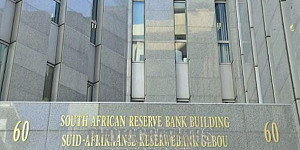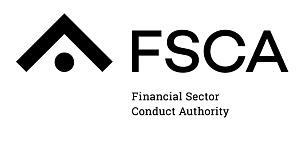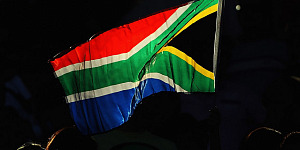South Africa's central bank cut its benchmark repurchase rate by 25 basis points to 6.75 percent on an improved outlook for inflation but slashed its forecast for economic growth following a surprise decline in output in the first quarter.
It is the first rate cut by the South African Reserve Bank (SARB) since July 2012 and the first change in rates since the last increase in March 2016.
Between January 2014 and July last year SARB raised its rate by a total of 200 basis points as inflation at times topped the central bank's target of 3 - 6 percent.
Despite the rate cut, SARB underscored it remains concerned over inflation expectations that remain sticky at the upper end of its target range and it's monetary policy committee said it "would prefer expectations to be anchored closer to the mid-point of the target range."
"In this highly uncertain environment, future policy decisions will be dependent on data outcomes and our assessment of the balance of risks," SARB said, adding it remains "vigilant and would not hesitate to reverse this decision should the inflation outlook and risks deteriorate."
Four members of the policy committee voted to cut the rate while two members wanted to maintain the rate.
South Africa's headline inflation rate eased to 5.1 percent in June from 5.4 percent in May and SARB revised downward its 2017 and 2018 inflation forecast by 0.4 percentage points to 5.3 percent and 5.2 percent, respectively.
For 2019 SARB lowered its inflation forecast by 0.3 percentage points to 5.2 percent with an average inflation of 5.2 percent in the final quarter of 2019.
The main reason for the improved outlook for inflation stems from changed assumptions regarding oil, electricity tariffs, the exchange rate of the rand and a wider output gap. Food price inflation is also expected to be more subdued, partly on more favorable crop estimates.
South Africa's economy remains "extremely weak," SARB said, adding it was concerned about the deterioration in the outlook, which is broad-based.
"It is unclear where the drivers of accelerated growth will come from in the absence of credible structural policy initiatives that will reduce uncertainty and increase business and consumer confidence," SARB said.
SARB halved its forecast for 2017 growth to 0.5 percent from a previous forecast of 1.0 percent and the 2018 forecast to 1.2 percent from 1.5 percent. In 2019 growth is seen at 1.5 percent, down from 1.7 percent.
South Africa's Gross Domestic Product shrank by 0.7 percent in the first quarter following a quarterly contraction of 0.3 percent in the final quarter of last year. On an annual basis, GDP rose by 1.0 percent in the first quarter, up from 0.7 percent in the previous two quarters.






































